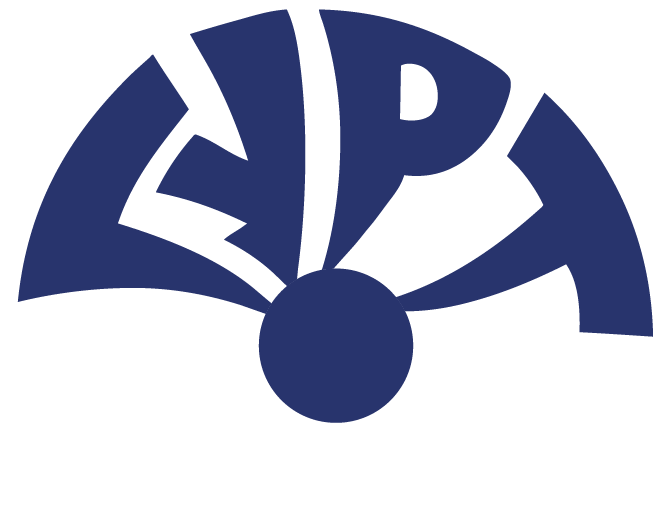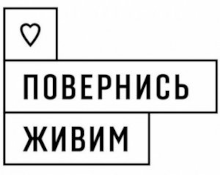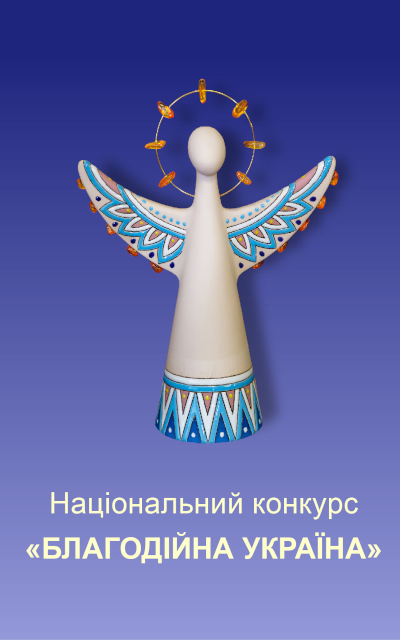


Технічний аналітик
04.02.2022
ПРООН в Україні шукає технічного аналітика в сфері збереження природи.
Deadline for application: 18 February 2022.
Link to the vacancy: https://estm.fa.em2.oraclecloud.com/hcmUI/CandidateExperience/en/sites/CX_1/requisitions/job/2300
Northern Ukraine has approximately 3 million ha of wet peat soils, many of which have been drained for agriculture; approximately 1 million ha remain in a natural state. This landscape is a mosaic of steppe forests, wetlands, and river valleys, which sustain rich but threatened ecosystems. Livelihoods are agriculture-based, with livestock farming a key part of the economy. Although the drained peatlands briefly provided rich agriculture lands, over a short time the drained peatlands have become degraded, as mineralization and peat fires take a continuous toll, while emitting GHGs. The water table across the region continues to subside, which causes forest die-offs. Peat fires also have a significant negative impact on human health and local economies. Land use is not optimized, so agriculture continues to encroach on high value ecosystems. However, increased grazing and hay cutting could be beneficial in some abandoned lands in order to maintain biodiverse open peat meadows that are being overgrown by woody vegetation. Underlying drivers of this situation are limited local and national capacity and coordination in land use planning, limited technical knowledge for agriculture on wet peatlands (paludiculture), limited capital access and investment in sustainable agriculture, limited and deteriorating water management infrastructure, and livestock value chains that currently do not sufficiently incentivize sustainable livestock production in peatlands.
The project will catalyze a transition across the landscape to sustainable livestock farming in peatlands, while restoring key areas for maintenance of ecosystem services to support both vibrant livestock agriculture and biodiversity. This will be achieved through i) implementation of Integrated Land Use Plans (ILUPs); ii) promotion of sustainable livestock production practices and value chains, including a multi-stakeholder sustainable livestock platform; iii) conservation and restoration of natural habitats; and iv) coordination, learning, information dissemination, and knowledge management. Planned project results include more than 9,000 direct beneficiaries; improved status of biodiversity including 18 globally significant species; 150,000 ha under improved agriculture; 40,000 ha of land restored; 240,000 ha of high value peatlands and steppe forest ecosystems conserved; and increased knowledge and understanding of sustainable livestock practices in wet peat soils.
The Project Management Unit (PMU) will be led by a Project Manager/ Coordinator (PMC), supported by National Technical Analyst. The National Technical Analyst (NTA) will be responsible for ensuring that the project produces the results specified in the project document, to the required standard of quality and within the specified constraints of time and cost.
1. Support Project Manager/ Coordinator to ensure effective implementation and achievement of results to ensure effective implementation and achievement of results
- Provide overall technical expertise and support to the GEF Livestock project in Ukraine;
- Organize and support stakeholder consultations relating to project activity;.
- Provide requisite technical input to and guidance of project activities;
- Develop TORs for technical support assignments;
- Review and provide feedback on technical outputs from project technical contractors;
- Liaise with key stakeholders at local, regional, and national levels to regularly communicate about project activities, and receive technical feedback from stakeholders, including Project Board members;
- Coordinate the sequence of project activities according to technical requirements;
- Provide technical backstopping to selected livestock pilots as per project contracts;
- Provide regular inputs to progress reporting and respond to requests from the project board, including measures to address challenges and opportunities;
- Contribute to preparation of the multi-year workplan, as needed, as well as annual and quarterly workplans if required;
- Provide inputs to project monitoring requirements, such as annual PIR, and review reporting items;
- Provide inputs to the monitoring and tracking of progress against the GEF Core indicator;.
- Support the Mid-term review and Terminal Evaluation process.
2. Knowledge Sharing
- Support the project in engaging with regional and global activities and initiatives related to the Global FOLUR Platform, and ensure strong project participation in and contributions to such activities and initiatives. Participate in the Green Commodities Program Community of Practice. Participate in FOLUR Global Platform trainings and capacity building events;
- Participate in periodic needs assessment surveys and FOLUR Global Platform Annual Meetings to guide knowledge and outreach product development;
- Lead generating knowledge products such as best practices and lessons learnt for knowledge sharing; and contributes to knowledge networks and communities of practice;
- Conduct internal capacity building training for project staff to facilitate appropriate management and timely delivery of project outputs including in gender analysis and gender mainstreaming;
- Capture lessons learned during project implementation.
Competencies
Achieve Results:
- Demonstrate focus on achieving quality results and impact;
- Consistently strive to meet or exceed excellence standards;
- Hold self and others accountable for results;
- Efficiently establish appropriate plans and resources for self and others to accomplish.
Think Innovatively:
- Look beyond conventional approaches and established methods;
- Propose new ideas, approaches and solutions to problems;
- Seek patterns and clarity outside boxes and categories while resisting false certainty and simplistic binary choice.
Adapt with Agility:
- Be flexible in handling change, and adopt new ideas, approaches and ways of working;
- Seamlessly adapt to working within new situations or contexts, with new people, and in different ways;
- Be comfortable with ambiguity and effectively managing multiple demands.
CROSS-FUNCTIONAL COMPETENCIES – Level 2
Risk Management:
- Ability to identify and organize action around mitigating and proactively managing risks.
TECHNICAL COMPETENCIES Level 2
Nature, Climate and Energy:
- Ecosystems and Biodiversity: Conservation and Sustainable use of biodiversity, land, forests and oceans;
- Environment: Environmental and social impact assessments and safeguards.
- Proficiency in use of office software packages (MS Word, Excel, etc.) and advance knowledge of spreadsheet and database packages, experience in handling of web based management systems is an advantage.
- Previous experience with international technical assistance and/or donor projects/programmes is an advantage.
- Working experience in livestock projects/ programmes management/ coordination would be an advantage.
- Excellent analytical and writing skills;
- Excellent organizational and communication skills.
- Strong networking and positioning skills at multiple levels.
- Master’s degree (or equivalent) in agronomics, agricultural/livestock science, environment, economics, social sciences or other relevant field.
- Bachelor`s degree in combination with 2 years of relevant experience can be accepted in lieu of Master’s degree.
- 2 years (with Bachelor’s degree) of relevant experience in the agriculture/livestock sector, agricultural economy in an international or national context;
- Experience working with ministries, national or regional institutions that are concerned with natural resource and/or environmental management;
- Work experience in technical project backstopping in projects related to natural resource management, environmental sciences, sustainable agriculture;
- Experience in making livestock market systems sustainable at scale;
- Experience in working with UN agencies, other development partners, the government on programming in sustainable development, environment protection;
- Detailed understanding of role of livestock/dairy in household resilience, particularly in vulnerable communities.
- Fluency in English, Ukrainian and Russian.
Travel:
a) UNDP will cover the cost of travel of the individual to the duty station, as well as their return to their home upon completion of their services. Travel costs are covered only in the event that the function will be undertaken physically in the duty station and excludes working from home arrangements.
The following documents shall be required from the applicants:
- Personal CV or P11, indicating all past positions held and their main underlying functions, their durations (month/year), the qualifications, as well as the contact details (email and telephone number) of the Candidate, and at least three (3) the most recent professional references of previous supervisors. References may also include peers.
- A cover letter (maximum length: 1 page) indicating why the candidate considers him-/herself to be suitable for the position.
- Managers may ask (ad hoc) for any other materials relevant to pre-assessing the relevance of their experience, such as reports, presentations, publications, campaigns or other materials.
- Under the overall guidance and supervision of the Project Manager/ Coordinator and Regional Technical Advisor, the National Technical Analyst is fully responsible for ensuring technical backstopping of project implementation and ensures to achieve the project results (outputs) as defined in the approved project document and in the annual work plans through timely implementation and quality monitoring.
- Nationals or others legally authorized to work in Ukraine are eligible for consideration. (country of citizenship or place of permanent residence)








Коментарі